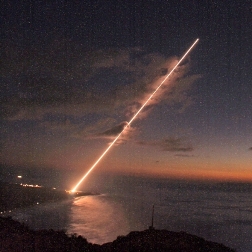
A file photo.
SEOUL (AFP): North Korea weighed Thursday on the proposed deployment of a US missile defence system in South Korea, criticising it as a Cold War-era move to "contain" China and Russia.
The North Korean response appeared aimed at exploiting tensions between Washington, Beijing, Moscow and Seoul over the Terminal High-Altitude Area Defence (THAAD) system.
The United States insists THAAD is a deterrent necessitated by the North's advancing ballistic missile programme, while China and Russia argue that it would undermine stability and could trigger an arms race in a delicately balanced region.
The debate has left South Korea in a difficult position, as it seeks to balance the strategic priorities of its main military ally, the United States, against those of its biggest trade partner, China.
In a statement Thursday, the North Korean foreign ministry notably focused more on the idea of THAAD as a regional issue, rather than a direct threat to Pyongyang.
"What the US seeks in this deployment is to... create favourable conditions for containing China and Russia, its strategic rivals, pursuant to its strategy for dominating the world," the spokesman was quoted as saying by the official KCNA news agency.
The THAAD deployment would "establish a new Cold War structure in Northeast Asia and the peninsula will be again exposed to the danger of being reduced to the theatre of a war of big powers," he added.
South Korea has yet to formally decide whether to host the missile system, although the US military has conducted an "informal" survey of suitable sites.
The issue is likely to be raised during the visit of the chairman of the US Joint Chiefs of Staff, General Martin Dempsey, who arrived in Seoul Thursday.
Russia has joined China in opposing the THAAD deployment, warning earlier this week that it would have a "destructive influence" on international security.
China and Russia are isolated North Korea's only significant diplomatic protectors, although both have signalled growing impatience with Pyongyang's refusal to rein in its nuclear weapons programme.
South Korean President Park Geun-Hye called on the North to abandon its nuclear weapons in a speech Thursday to mark the fifth anniversary of the sinking of the naval vessel Cheonan.
Seoul says the corvette was sunk in 2010 by a North Korean torpedo - a charge Pyongyang has always denied.
 Previous Article
Previous Article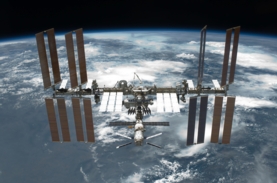 Next Article
Next Article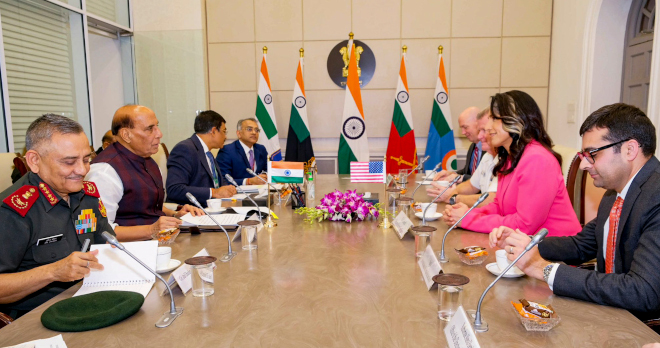
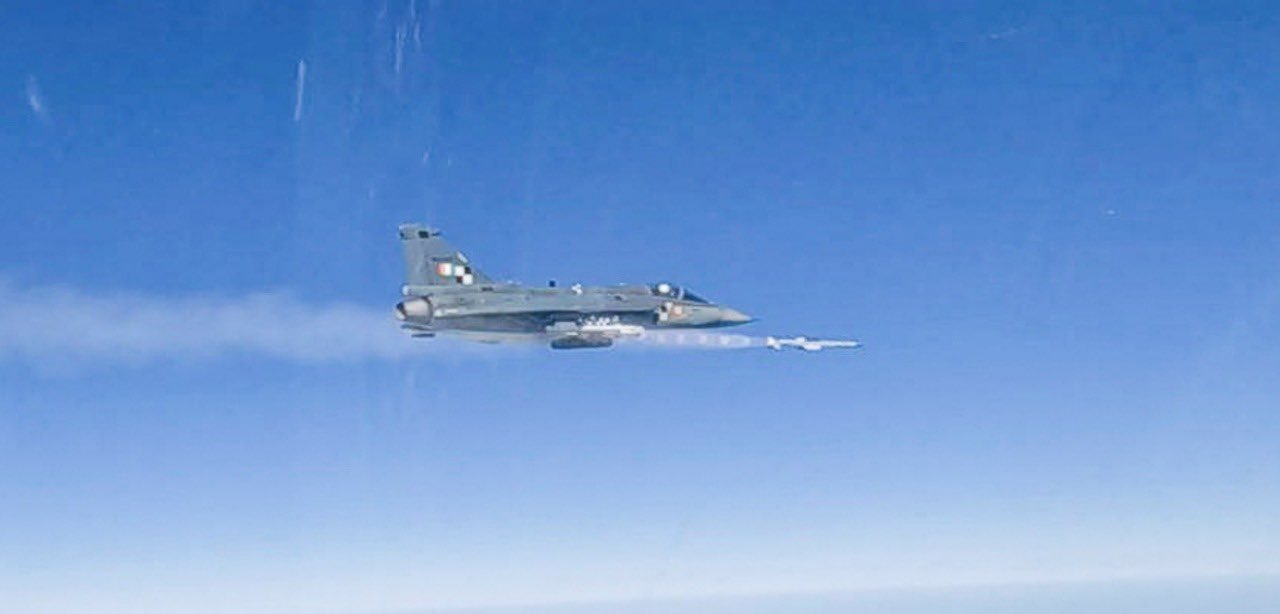
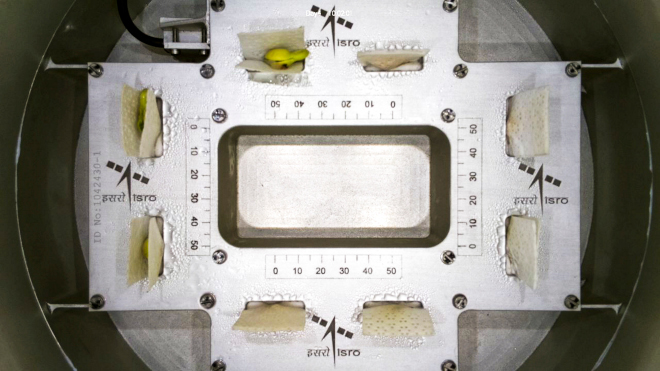



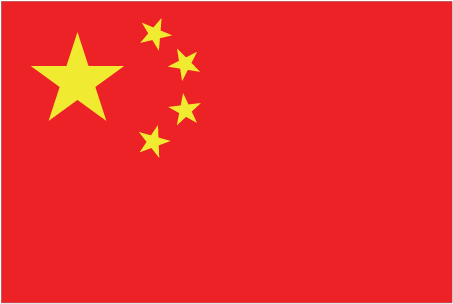





The Indian Air Force, in its flight trials evaluation report submitted before the Defence Ministry l..
view articleAn insight into the Medium Multi-Role Combat Aircraft competition...
view articleSky enthusiasts can now spot the International Space Station (ISS) commanded by Indian-American astr..
view article